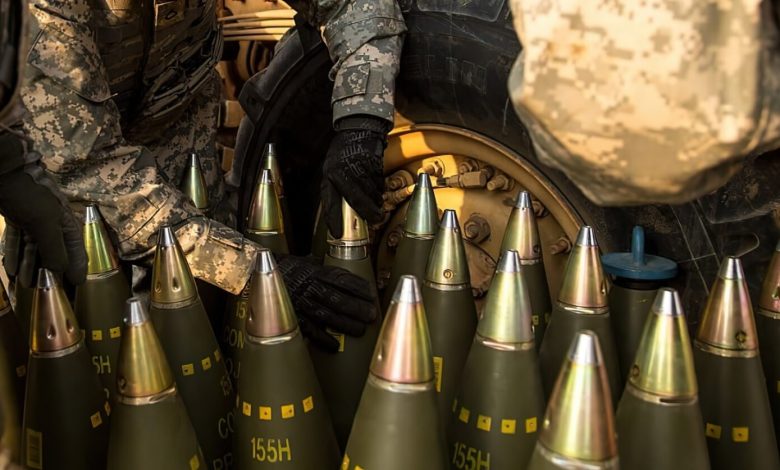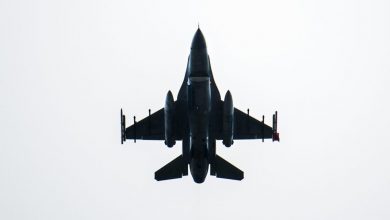Canada to ramp up ammunition production amid ‘dwindling’ supplies

Canada seeks to produce more ammunition for its military as concerns grow about its inability to keep up with modern threats due to dwindling supplies.
Defense Minister Bill Blair said Ottawa had already asked General Dynamics and IMT Defence to come up with a concrete plan on how to ramp up ammunition production.
He also revealed that around 4.4 million Canadian dollars ($3.3 million) have been awarded to the two defense firms to support their research.
“We’ve donated tens of thousands of rounds of NATO-standard, 155-millimeter artillery ammunition to Ukraine. But Ukraine needs much more ammunition – and quite frankly, so does Canada and the (Canadian Armed Forces),” the minister admitted.
Canada has a production capacity of 5,000 shells per month. Before Russia invaded Ukraine in February 2022, the country’s monthly ammunition production rate was only 3,000.
Automating Production
Canada has been producing a variant of the 155-millimeter shell known as the M107.
But the new contracts are asking for ramped up production of the M795 variant, which is longer in range and reportedly more desirable.
IMT Defence said it might need a couple of months to develop a production line to address the Canadian government’s request.
General Dynamics also revealed that it will look into the possibility of automating some areas of production to boost manufacturing.
The company is targeting the fall of 2025 for this.
Mounting Concerns
Ottawa’s decision to begin ramping up ammunition production comes after a number of current and former defense officials warned the military is facing very serious challenges affecting its operational capabilities.
Chief of Defence Staff, Gen. Wayne Eyre, claimed that the country “would be out in days” in a conflict because of the limited amount of ammunition it has.
The problem is also affecting the readiness of the Canadian military.
“When we look right across the board in terms of equipment, in terms of training, in terms of personnel, the numbers come back and are to the degree that they should scare most Canadians,” political science professor Rob Huebert said.





